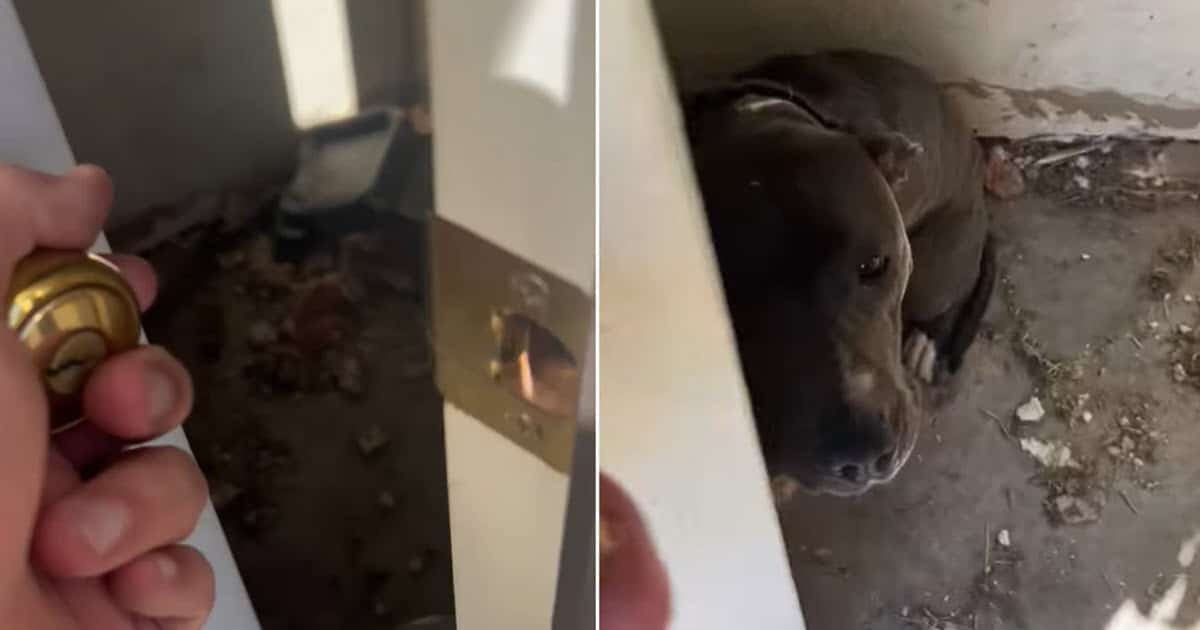Highly pathogenic avian influenza isn’t solely a concern of poultry producers. In the past few years culling of infected flocks on farm has led to the slaughter of in excess of 280 million birds, according to the World Animal Health Information System. This virus does not affect solely production flocks. HPAI is well-established in wild bird populations and is documented in many different species of mammal. The numbers of wild bird deaths is unknown and presumed in the millions.
While present since at least 1996, HPAI has spread from a goose farm in China and become more virulent, with dissemination to wild and domestic animals. The United Nations health agency has documented over 500 species of birds and at least 70 species of mammals as being infected; including polar bears. By 2022, it had been documented across the United States and Canada.
Chief concern is the jump from birds to mammals. In 2024 the UN documented 76 Human cases of H5 avian influenza, mostly amongst farm workers. As of current, there is no known human-human transmission of the virus.
Dairy cattle, and their milk, have been testing positive for HPAI. The root vector of the virus in cows is unknown, but cattle are in close association with wild birds and frequently, poultry.
Wild birds, especially waterfowl, can harbor the virus and show no outward signs of illness. Birds of prey, such as hawks, and scavengers like vultures, are especially susceptible to the virus. While most city-dwellers are not in close contact with chickens, waterfowl, or other birds, their pets, especially outdoor cats, are at high risk. Avian influenza is well-documented in cats and mice. According to the American Veterinary Medical Association, infected cats may develop respiratory illness, display neurologic signs, or die suddenly, before showing significant signs. Twenty big cats, including cougars and a tiger, died at the Wild Felid Advocacy Center of Washington, in Washington State.
Sarah Sirica, a veterinarian and Clinic Director for City Wildlife in Washington, DC, an organization which rehabilitates injured and orphaned wildlife, said approximately 10% of City Wildlife’s patients were from an attack by a cat. This includes birds and over 50 different species of animal.
She continued, “There are many reasons to encourage everyone to keep their cats inside, and I’m afraid we now have one more to add to the list. Felids of all types are extremely susceptible to this type of influenza, and the risk for a domestic cat developing disease and dying after interacting with a bird that has died from HPAI is unfortunately very high.”
Avian influenza is transmitted via fecal matter, mucus, blood, and saliva. Professor Ian Brown, former head of virology at the UK’s Animal and Plant Health Agency, added that a teaspoon of fecal matter, essentially that from one bird, is enough to kill an entire house of poultry.
Backyard chickens have emerged as a growing hobby within the District, posing risks to wildlife and those tending the coops. When cleaning poultry housing of any size and with any amount of feces, it is important to utilize appropriate protection, such as gloves, face masks, and carefully removing any clothing used when tending birds. The same caution should be implemented for handling sick or injured birds of any species.
This virus can be passed to people and pets through other means than contact with feces. Dr. Maria Van Kerkhove, who currently serves as Director of Epidemic and Pandemic Threat Management for the World Health Organization, stresses the importance of only consuming pasteurized milk products. Heating kills the virus. Raw milk products are especially dangerous for humans and felids.
The recent trend of feeding raw diets to dogs and cats significantly increases the risk of avian influenza transmission. Northwest Naturals turkey cat food was recalled in January after testing positive for avian influenza. The food was tested after a cat who ate this diet died from avian influenza. The USDA and the Oregon Veterinary Diagnostic Laboratory (OVDL) at Oregon State University confirmed the same strain detected in the diet affected the cat.
Simple measures to protect yourself and your pets include not feeding raw or unpasteurized foods, appropriate hygiene, and keeping cats indoors.
If you note sick or injured birds or other wild creatures, call City Wildlife, as Dr. Sirica says, “We are available by phone 365 days/year, 9am to 5pm.”
Dr. Teich is the medical director for District Veterinary Hospitals in Navy Yard, Eastern Market and Brookland. Visit www.districtvet.com for more information.





